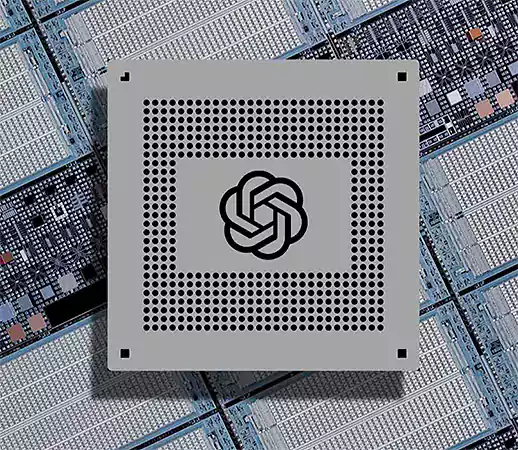OpenAI To Design And Tape Out Custom AI Chip At TSMC In 2025

The initiative to decrease the dependence of OpenAI on NVIDIA and its GPU begins with the development of a proprietary AI chip. According to recent reports, the organization behind ChatGPT has made notable strides in this area.
It is also suggested that OpenAI is right now in the process of finalizing the design of the silicon, with the completion expected within a few months. If the path ahead is easy, it is possible that OpenA could possibly send the custom chip to TSMC for tape-out in the first half of the year.
OpenAI appears to be firm in its pursuit of this objective despite the potential challenges that may arise. CNBC highlighted that the tape-out phase is expected to take around six months and will incur substantial costs.
However, if OpenAI is ready to offer TSMC a premium, there are charges that the production of the AI chip could be expedited. Unfortunately, there is no guarantee that the initial tape-out will be successful. A failure would make another tape-out to troubleshoot necessary and fix the issues that are encountered.
Earlier it was reported that OpenAI intended to make use of TSMC’s A16 Angstrom process for its innovative model Sora video generator. However, it remains unclear whether it would be the same AI chip right now in the design finalization stage or if it pertains to a different project.
This specific division is under the leadership of Richard Ho at OpenAI and the team has grown to include 40 skilled professionals. Broadcom is helping the in-house chip design process, although the particulars of their involvement are still undisclosed.
The name of OpenAI’s custom AI chip has not yet been announced, however, the main function will focus on training and executing artificial intelligence models. The capabilities of this silicon will be limited at first, but they may expand based on the number of units OpenAI plans to deploy in the future.